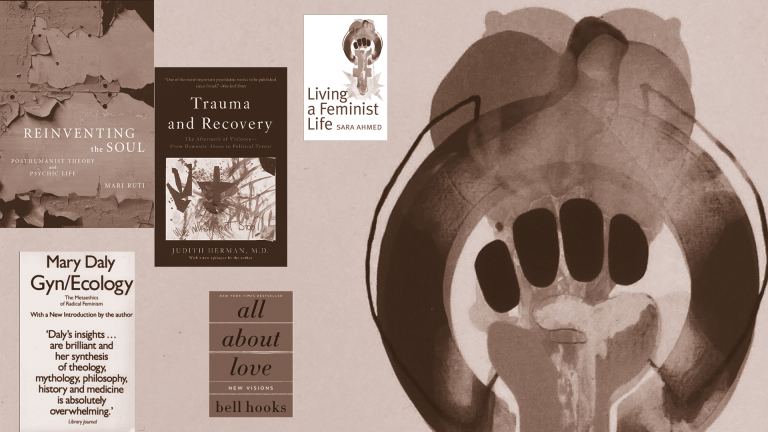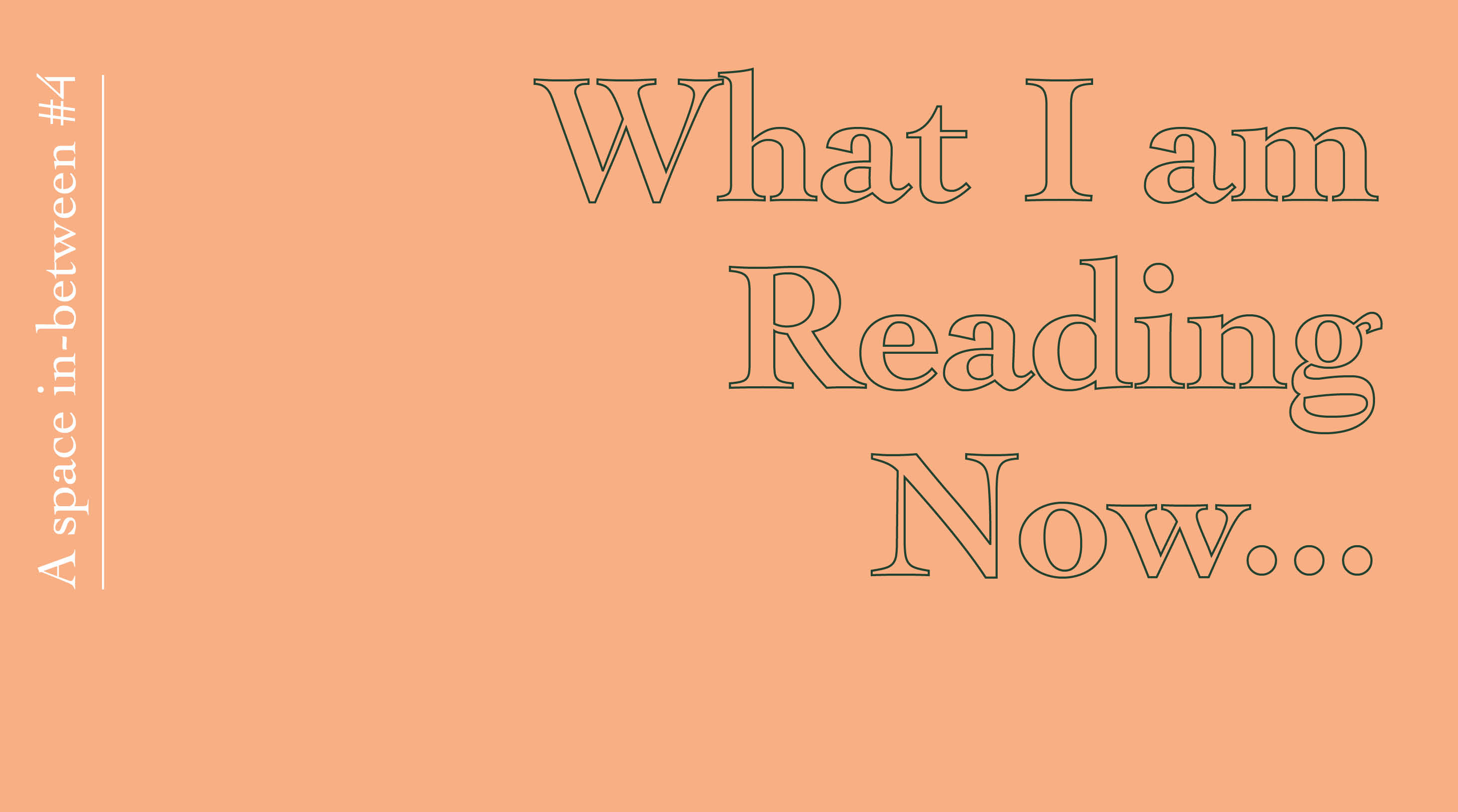What I am Reading Now…
Yayra Sumah
How to be Born Again
November 2021
When I first read Mari Ruti’s Reinventing the Soul: Posthumanist Theory and Psychic Life (2006), I identified with the ‘we’ of her prosaic arguments. In her book, Ruti looks for the affirmative potentials of post-humanist thought or critical theory. She asks, what are the possibilities for agency and healing, given that the psyche is formed within the socio-symbolic and disciplinary networks of power? How do we reinvent the ‘soul’ without perpetuating “the humanist ideals of core subjectivity and autonomous self-constitution?”
This ‘autonomous’ self descends from the philosophical traditions of colonizers: Western scholasticism, humanism and the Enlightenment. But implicit in the ‘we’ of critical theory’s quest to deconstruct this subject is a culturally specific understanding of the psyche. Returning recently to Ruti’s text, I felt the need to reconsider critical theory. As a black African woman practicing ancestral spirituality, I find healing agency and rebirth in the customs, knowledge and psychic powers of my ancestors. I root in an ontology and epistemology which does not share the same questions, concerns or insights as Western post-humanism. The texts I am sharing here have guided my self-actualization process, but I believe there are no common sets of texts. Healing is led by one’s ancestors and spirits.
In the theory and practice of creating a liberatory subjectivity in a world of repression and oppression, there must be discrimination and separation in that ‘we’. I realised this when I received a rude awakening during a program I co-convened called #Healing, hosted by Haus der Kulturen der Welt. There, I witnessed the dynamics of racist, neocolonial thieves of culture who claimed to ‘learn’ from others about how to be ‘otherwise’, but violated boundaries and prohibitions to extract anything they could by denying cultural difference. No decolonization is collective or real if the ‘we’ of cultural boundaries is disrespected.
Yayra Sumah is a doctoral candidate in the department of Middle Eastern, South Asian and African Studies at Columbia University. She holds bachelors and Masters Degrees in Political Science with a minor in African Studies from Boston University, magna cum laude. She is an interdisciplinary scholar with a research focus on the history of colonialism in Congo (DRC), Kimbanguism, African Christianity and Central African spirituality. Her dissertation brings together history, anthropology, religion, philosophy and political theory in an original interpretation of Simon Kimbangu’s movement in Belgian Congo. It considers the stakes of the meaning of Kimbangu for the postcolonial African debate on what it means to be ‘decolonized’ and ‘African’. Her interests also include poetry, art, activism and cultural criticism. She has written for Borderlines (Journal of the Comparative Studies of South Asia, Africa and the Middle East), Paletten Art Journal, and SUNU: Journal of African Affairs, Critical Thought + Aesthetics.
Reading
All About Love: New Visions, bell hooks (Harper, 2001)
Trauma and Recovery: The Aftermath of Violence – From Domestic abuse to Political Terror, Judith Herman (Basic Books, 1992)
Gynecology: The Metaethics of Radical Feminism, Mary Daly (Beacon Press, 1990)
Reinventing the Soul: Posthumanist Theory and Psychic Life, Mari Ruti (Other Press, 2006)

Please note the views published in What I am Reading Now… are personal reflections of the contributors.
These may not necessarily represent the views of the University of Dundee.
———
Home
Previous Issue: Serubiri Moses, October 2021
Next Issue: Joshua Virasami, December 2021
